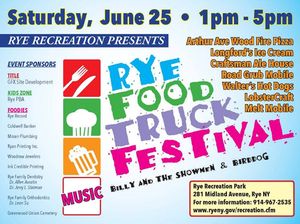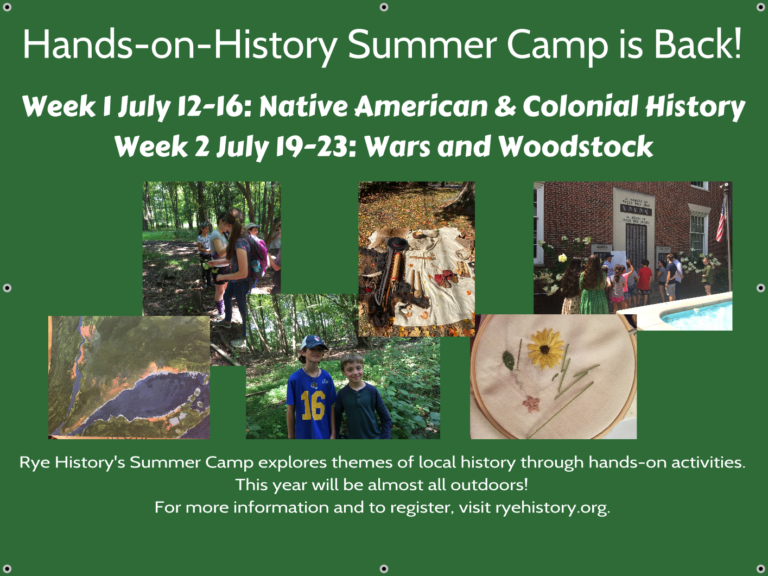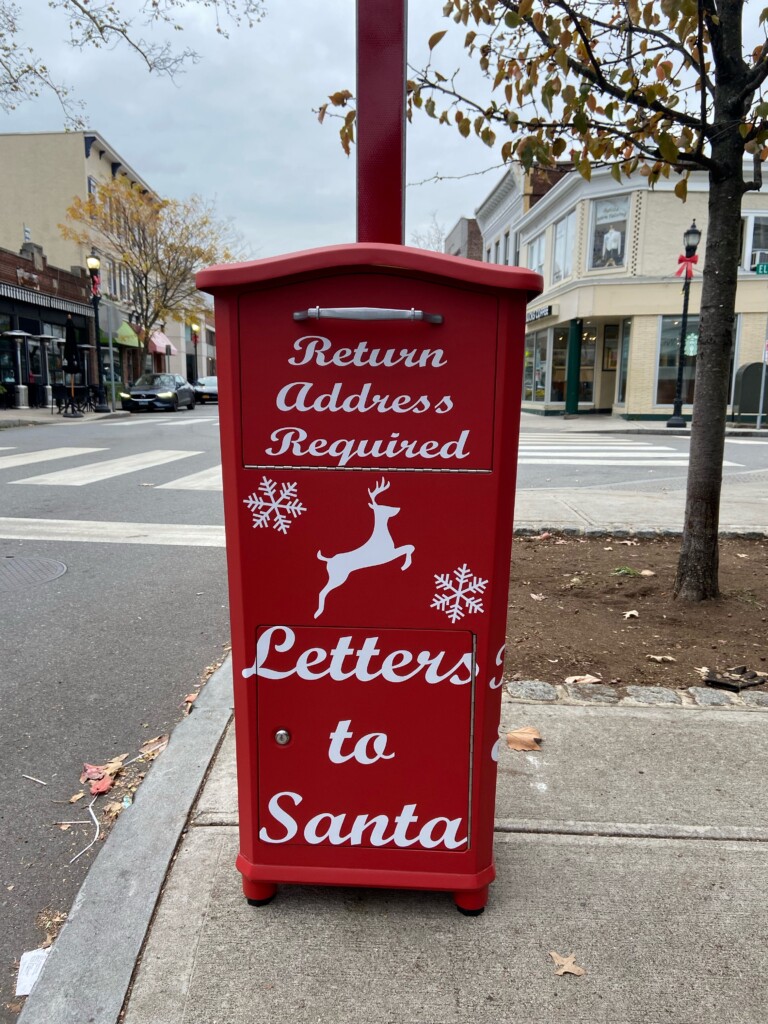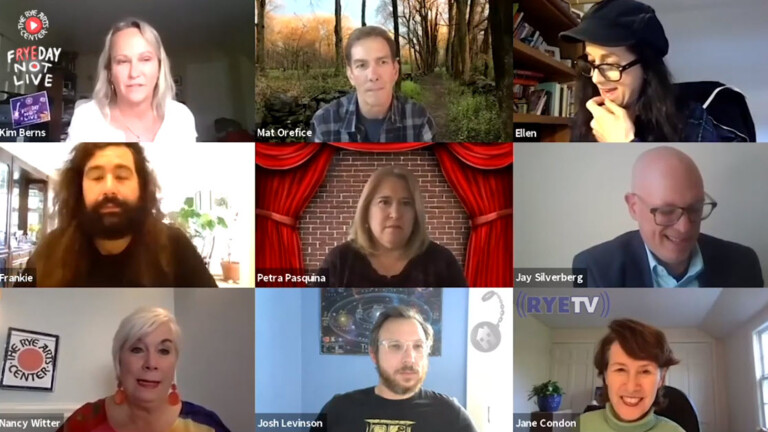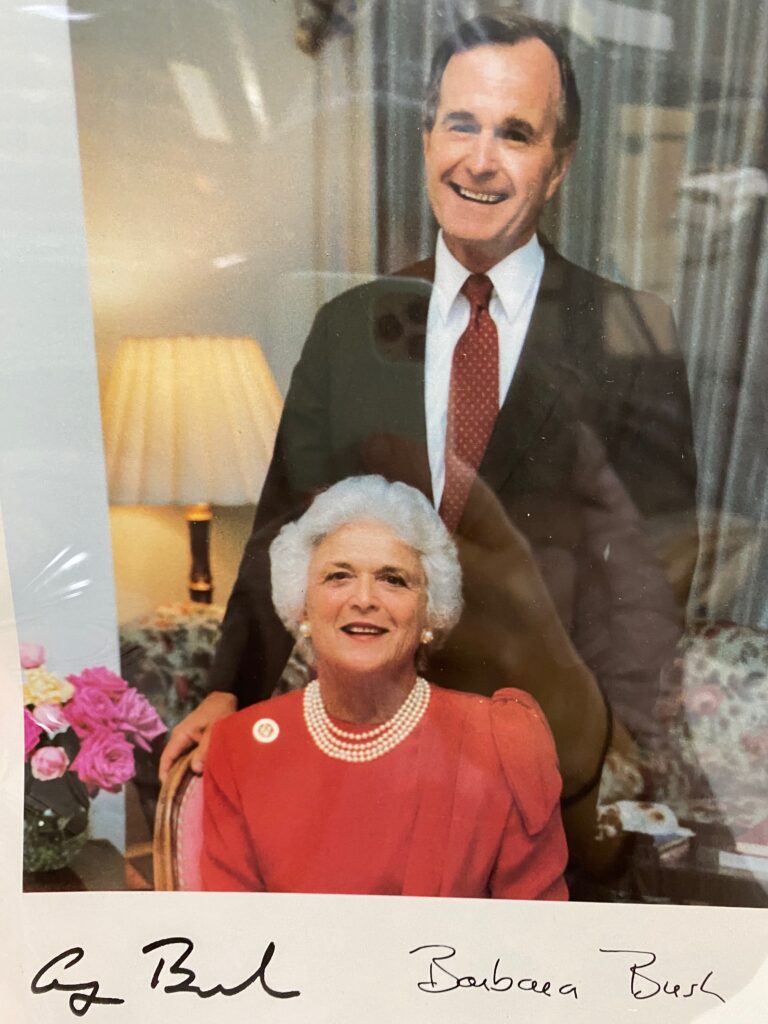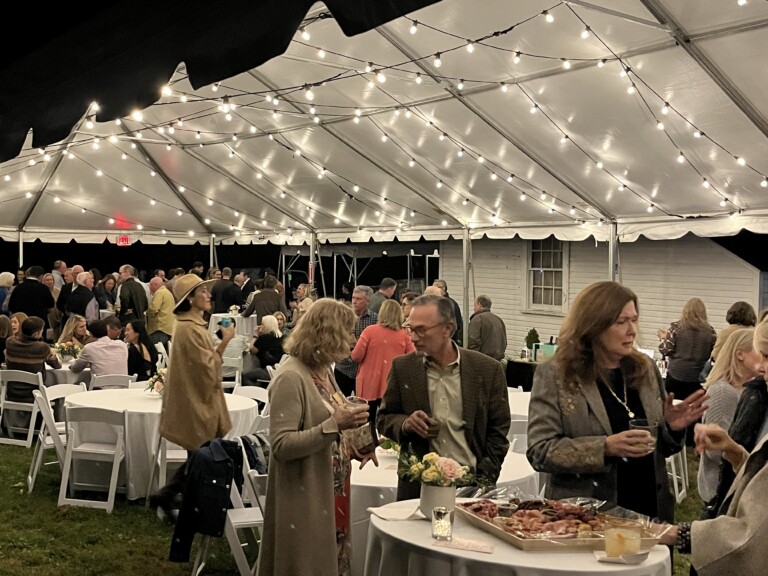Meet US Air Force Veteran Tim Moynihan of Oakwood Avenue
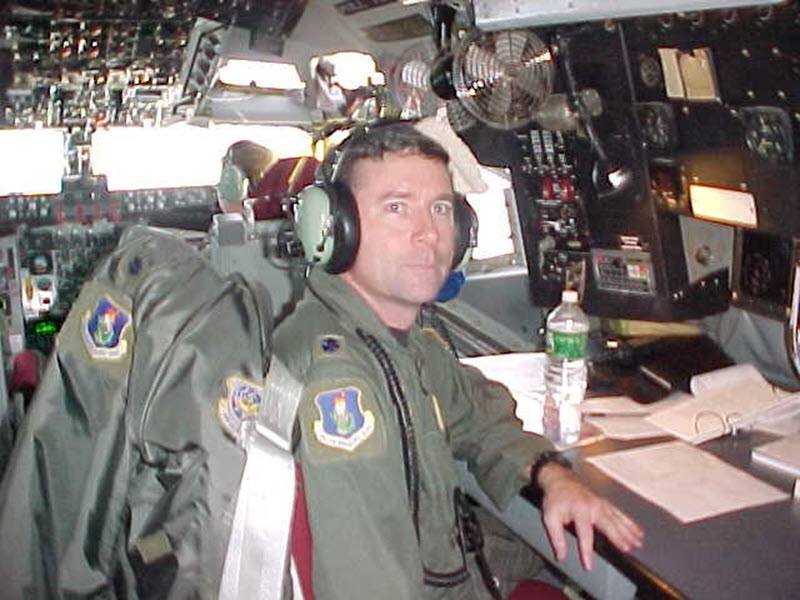
This Veterans Day (2024), Rye will be adding 126 names to the veterans monuments at City Hall. A new plaque naming Rye Veterans of Iraq, Afghanistan, Global War on Terror and the Cold War will be unveiled which will include the names of 50 Rye veterans. The existing WWII plaque in memory of those killed in action will be updated to include an additional 15 names. The Vietnam plaque will now include an additional 44 names. And the WWII and Korea plaques will be updated with an additional 11 names and 6 names respectively. You can review the complete list of names being added.
To honor this milestone, MyRye.com is working with American Legion Post 128 to introduce you to Rye veterans – many who will be honored on our memorials for the first time this fall. If you are a Rye veteran and would like to be profiled, please contact us or Post 128.
Today meet Oakwood Avenue resident and US Air Force veteran Tim Moynihan. He also serves as the finance officer and adjutant of Post 128.
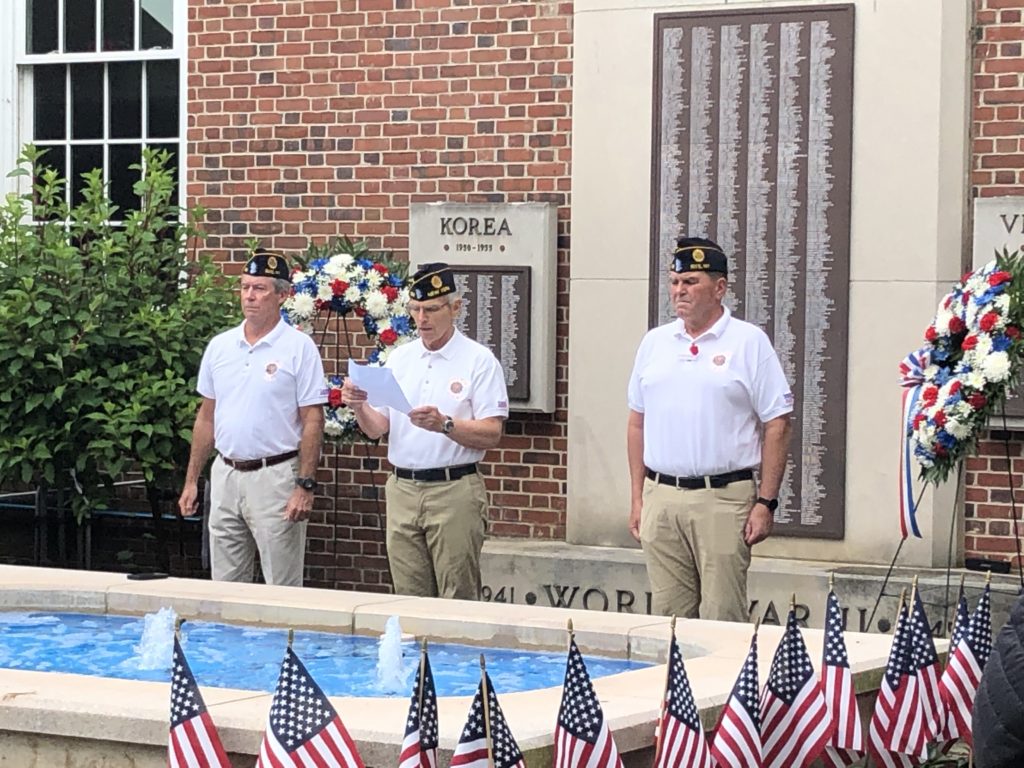
Is your name already on the Rye memorials or is it being added this fall (2024)? This fall.
Rye Vet: Tim Moynihan
Where do you currently live in Rye? Oakwood Avenue
MyRye.com: What branch of service were you in and what years and where did you serve?
Moynihan: I was in the US Air Force. I was on active duty from 1980-1986 stationed at Grisson AFB, IN; then in the USAF Reserves there from 1986-1991; then in 1991 transferred to the New Jersey Air National Guard at McGuire AFB, NJ where I remained until 2004. During the Cold War, I performed nuclear alert for Strategic Air Command (SAC) for strategic air refueling and airborne command and control; then later I was mobilized to serve in the Gulf War (Desert Shield/Storm); no fly zone duty in Iraq, Kosovo, and post 9/11 flight activities. On 9/11 and the days following, I was the commander of the NJ Air National Guard command post supporting rescue and recovery operations with FEMA.
How did you come to serve in the military?
Moynihan: I was inspired to serve my country and was commissioned at Holy Cross College through the US Air Force ROTC program.
Tell us about your responsibilities when you were in the service.
Moynihan: I was a KC-135 navigator as one of four crew members on that aircraft. We performed aerial refueling with USAF, US Navy and allied aircraft around the globe. As a flight officer, I also had many staff positions in the squadron and air wing throughout my career.
During the Cold War, our responsibility was to refuel bombers who were providing nuclear deterrence. We trained to deliver as much fuel to bombers so they could reach their targets. During this time, we also refueled fighter jets transiting from the US to Europe or the Pacific and back.
In later wartime operations such as the Gulf War, we delivered fuel to groups of US Air Force or US Navy fighters who were striking targets or conducting air superiority flights. Sometimes these groups of fighters numbered 15-20 planes looking to refuel. There were a lot of airplanes all very close to one another. During their attack, the fighters were flying fast and low – so burning a great amount of fuel. They needed to fuel up pre-strike and post-strike.
How has your time serving in the US military influenced your views on service and the responsibility each of us has as a citizen?
Moynihan: Service to our country was a great honor. I served with many people from all over the country who cared deeply about our country. I have a deeper appreciation for our country after serving with these people.
Do you think military service or more general service (AmeriCorps VISTA, Peace Corps, programming modeled after the Civilian Conservation Corps) should be required of young people?
Moynihan: I don’t think service should be required. However, I can say that service to your local community or a global community is one of the most fulfilling things a person can do.
What are a couple of lessons you learned in the service?
Moynihan:
- I worked with a wide range of people with whom seemingly I wouldn’t have much in common, but we grew very close.
- The world is a big place with many viewpoints, cultures and customs in various countries and regions. I was glad to be able to spend a significant amount of time in many countries to learn these things.
- I’d never been on a plane until I joined the Air Force and didn’t know much about flying. I loved it immediately!
- In the early 1980’s the KC-135 airplane did not have GPS or any sophisticated navigation technology. On a typical ocean crossing trip it was my job to navigate by the sun and stars using a sextant. As a 22-year-old, I was pretty nervous on my first trip to Hawaii.
What is a story from your time in the service you enjoy telling friends and family?
Moynihan: As a brand-new officer and newly married, my wife saw my first paycheck, and asked “Is that all we get every week?” I replied, “No honey, that’s what we get every other week!” (Note: we are still married)
Thanks Tim!

